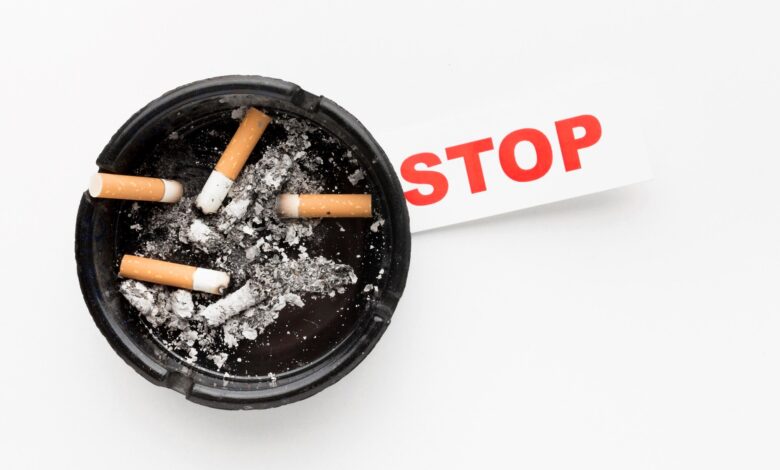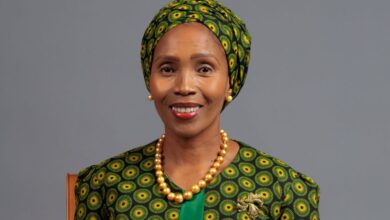WHO Issues Urgent Call for Stronger Global Action in 2025 Tobacco Control Report

The World Health Organization (WHO) has sounded the alarm in its newly released Global Tobacco Epidemic 2025 report, warning that progress in global tobacco control is under threat due to increasing interference from the tobacco industry. The report, unveiled during the World Conference on Tobacco Control in Dublin, urges countries to strengthen their policies and fully implement proven tobacco control strategies.
The report centers on WHO’s MPOWER framework—six evidence-based measures designed to reduce tobacco use and save lives. Tobacco use remains one of the world’s leading causes of preventable death, claiming over 7 million lives annually.
The MPOWER package includes:
- Monitoring tobacco use and prevention policies
- Protecting people from tobacco smoke through smoke-free air laws
- Offering help to quit tobacco use
- Warning about the dangers of tobacco through strong packaging labels and media campaigns
- Enforcing bans on advertising, promotion, and sponsorship
- Raising taxes on tobacco products
Since the introduction of MPOWER in 2007, 155 countries have adopted at least one of the measures at best-practice level. As a result, more than 6.1 billion people—over three-quarters of the global population—are now protected by at least one effective tobacco control policy, up from just 1 billion people in 2007.
Dr. Tedros Adhanom Ghebreyesus, WHO Director-General, emphasized the significance of this progress but warned against complacency. “We’ve made important gains, but the tobacco industry is adapting quickly and working aggressively to block, delay, or weaken effective policies. Governments must remain vigilant and act boldly to protect public health.”
According to the report, four countries—Brazil, Mauritius, the Netherlands, and Türkiye—have successfully implemented the entire MPOWER package. Meanwhile, seven other countries, including Ethiopia, Ireland, Jordan, Mexico, New Zealand, Slovenia, and Spain, are just one step away from full implementation, marking them as leaders in global tobacco control.
Despite these successes, the report highlights critical gaps. Forty countries still have no MPOWER measure implemented at the best-practice level. Even more concerning, over 30 countries still permit the sale of cigarettes without mandatory health warnings, leaving millions vulnerable to tobacco-related harm.
The WHO stresses that comprehensive and fully enforced tobacco control policies not only save lives but also reduce healthcare costs and promote economic growth. The organization is calling on all nations, particularly those lagging behind, to accelerate their efforts and resist industry pressures.
“Tobacco control is one of the most effective public health interventions available,” said Dr. Rüdiger Krech, WHO Director of Health Promotion. “With political will and coordinated action, we can create a smoke-free future for the next generation.”
The WHO’s message is clear: the tools to end the global tobacco epidemic exist—but only if governments act with urgency, determination, and resilience against industry interference.
Join 'Lesotho News' WhatsApp Channel
Get breaking Lesotho news — delivered directly to your WhatsApp.
CLICK HERE TO JOIN



